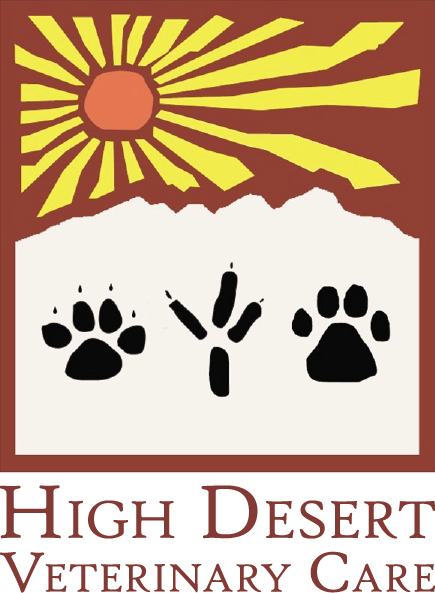Library
-
Polycystic kidney disease (PKD) is an inherited kidney disease that is common in cats, but uncommon in dogs. Dogs with polycystic kidney disease develop multiple fluid-filled cysts within the kidney, with the number and size of these cysts increasing with age. As the kidney cysts displace larger amounts of functioning kidney tissue, the dog begins to show signs of chronic kidney disease. There is no specific treatment for polycystic kidney disease; treatment is centered on alleviating the signs of chronic kidney disease.
-
Polycythemia vera is a rare disease of dogs and cats in which too many red blood cells are produced by the bone marrow. The blood becomes thick and has difficulty moving through the small blood vessels. Your pet may feel tired, sluggish, and weak. Polycythemia is a potentially fatal disease, but if discovered early enough, treatment may be possible. If left untreated, polycythemia vera can affect the heart.
-
Polyethylene glycol is an off-label laxative used to treat constipation and empty the colon in preparation for procedures such as colonoscopy. The most common side effects are diarrhea, flatulence, and abdominal cramping. Do not use it in pets that are allergic to it or in pets with an intestinal blockage/obstruction.
-
Polyfolliculosis is a condition where several feathers grow out of one feather follicle. These feathers may be irritating, causing the bird to pick at them or pluck them out. There is no specific treatment for this condition.
-
Polymyxin B/miconazole/prednisolone otic (brand name Surolan), is a combination antibacterial (polymyxin B), antifungal (miconazole), and anti-inflammatory steroid (prednisolone) ear drop medication. It is used to treat ear infections in cats and dogs. It is used “off label” or “extra-label” in species other than cats and dogs and to treat conditions other than ear infections. Polymyxin B/miconazole/prednisolone otic comes in an otic suspension form.
-
Avian polyomavirus infection (APV) of pet birds belongs to the family Polyomaviridae. APV can cause benign feather lesions in budgies, slow crop emptying in weanling parrots, hemorrhages on the skin, or acute death. Species particularly susceptible to APV infection include budgies, Eclectus parrots, Caiques, and hawk-head parrots. Clinical signs, diagnostic testing, and preventive measures are explained in this handout.
-
Polysulfated glycosaminoglycan is an injectable disease-modifying osteoarthritis drug (DMOAD) used to treat non-infectious and traumatic arthritis in dogs. It is also used off-label in cats and small mammals. If administering this medication at home, follow your veterinarian’s instructions and dispose of the needle and syringe appropriately. Side effects are rare when given according to label recommendations and at prescribed intervals. Do not use this medication in pets with a known hypersensitivity to it, in pets with known or suspected bleeding disorders or immune-mediated arthritis, or in pets with severe kidney or liver disorders.
-
The Pom may be tiny, but this spunky extrovert can get a little cocky for a dog not much bigger than your shoe. Outgoing and effervescent, Pomeranians have faces like little foxes, making them hard to resist and easy to forgive.
-
Ponazuril is given by mouth and is used on and off label to treat protozoal parasites in a variety of animal species. Side effects are uncommon but may include soft stools. Do not use in pets that are allergic to it. Ponazuril should be used cautiously in pregnant or lactating pets, and dogs with/susceptible to dry eye (keratoconjunctivitis sicca/KCS).
-
While Poodles are often portrayed as snobby and aloof, in reality, they are friendly, cheerful dogs with a keen sense of fun.

